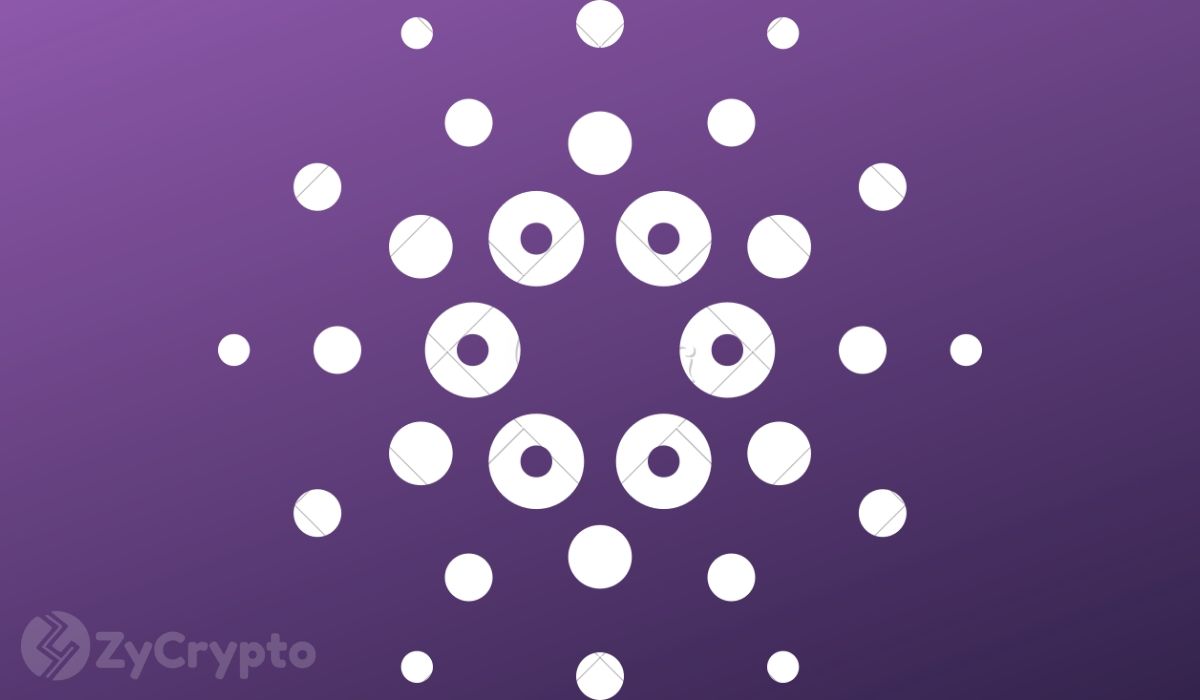ARTICLE AD BOX

Cardano founder Charles Hoskinson has laid out his bold vision for what he terms the “fourth generation” of blockchain, a major shift that prioritizes privacy, identity, and interoperability without dismantling existing legacy systems.
Speaking during a keynote address at Paris Blockchain Week on Wednesday, the pundit walked the audience through the journey from Bitcoin’s first-generation model of decentralized value transfer, to Ethereum’s introduction of programmable smart contracts, and finally to the third generation’s focus on scalability, governance, and interoperability.
However, even with these advancements, Hoskinson argued that the current blockchain landscape remains incomplete.
“What we’re missing is privacy, identity, and true cooperation,” he noted. “If we want to see global adoption, we have to evolve beyond the zero-sum mindset.”
Unlike past phases that often positioned themselves as competitors to legacy finance and one another, the fourth generation, according to Hoskinson, will aim to unify systems rather than replace them. This new era aims to eliminate the adversarial dynamics of current token economies, which often pit blockchain networks against each other in a race for dominance.
“Why can’t Bitcoin, Ethereum, and Cardano all coexist and complement each other?” he asked. “The next evolution must be cooperative. It must offer abstraction, allowing users to access privacy and compliance without abandoning their existing ecosystems.”
Hoskinson further pointed to privacy as a cornerstone of real-world business adoption. Whether it’s financial institutions, medical providers, or everyday consumers, he stressed that private data must be protected, but also usable in a compliant, auditable way when needed.
To that end, he introduced Midnight, a new platform under development by Input Output Global (IOG). Notably, Midnight will feature chain abstraction, allowing users from networks like Bitcoin, XRP, and Solana to access its capabilities using their native tokens. The platform will also support privacy-focused smart contracts using a TypeScript-based language, with upgradeable zero-knowledge proofs at its core.
In a surprise announcement, Hoskinson also revealed plans for a broad, non-adversarial token distribution through an airdrop to users across eight major networks, including Bitcoin, Ether, Cardano, XRP, and Solana.
“The future of crypto isn’t DeFi or TradFi,” he concluded. “It’s just ‘Fi’, a seamless, interoperable financial system that serves everyone without compromising on privacy or inclusion.”
Interestingly, Hoskinson’s take is resonating across the crypto space, with projects like Shiba Inu leading the way. Notably, the network is enhancing blockchain interoperability through its Layer 2 solution, Shibarium, which now integrates Chainlink’s Cross-Chain Interoperability Protocol (CCIP). Shiba Inu is also prioritizing privacy and decentralized identity with its Shib Name Service (SNS), allowing users to create readable wallet addresses. This aligns with the Self-Sovereign Identity trend, enhancing security, user experience, and reducing censorship risks.
.png)
 3 hours ago
1
3 hours ago
1








 English (US)
English (US)